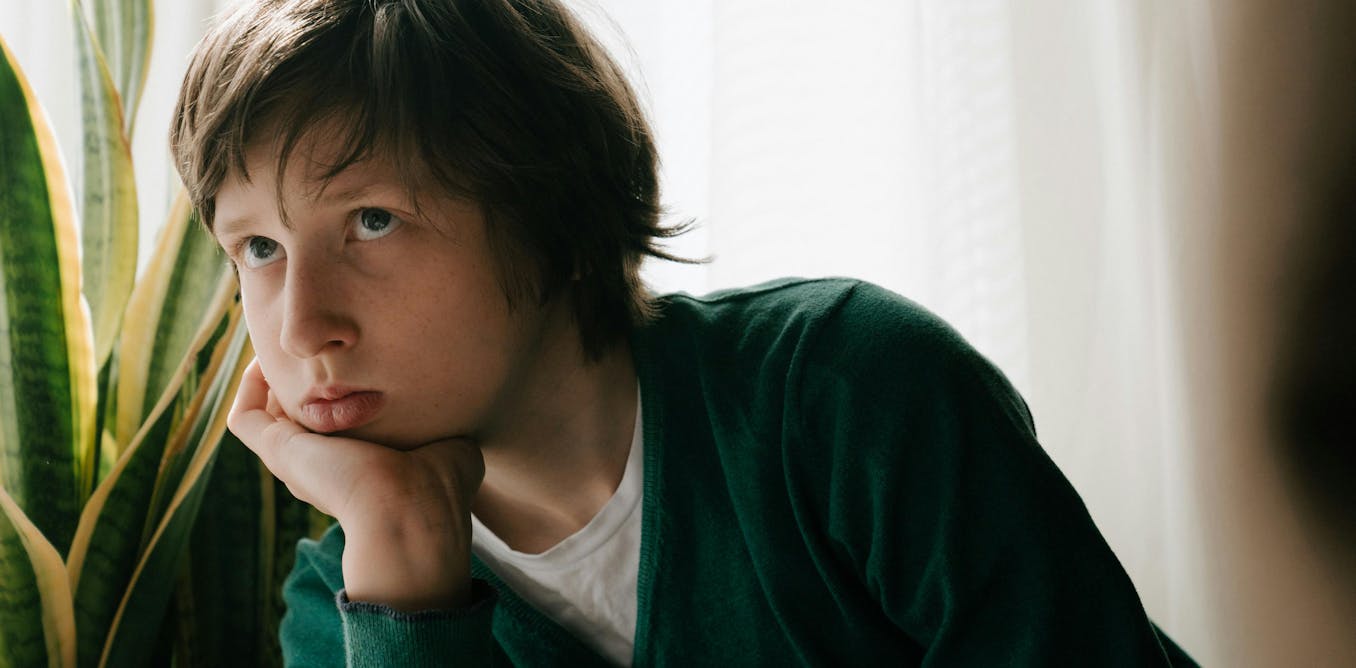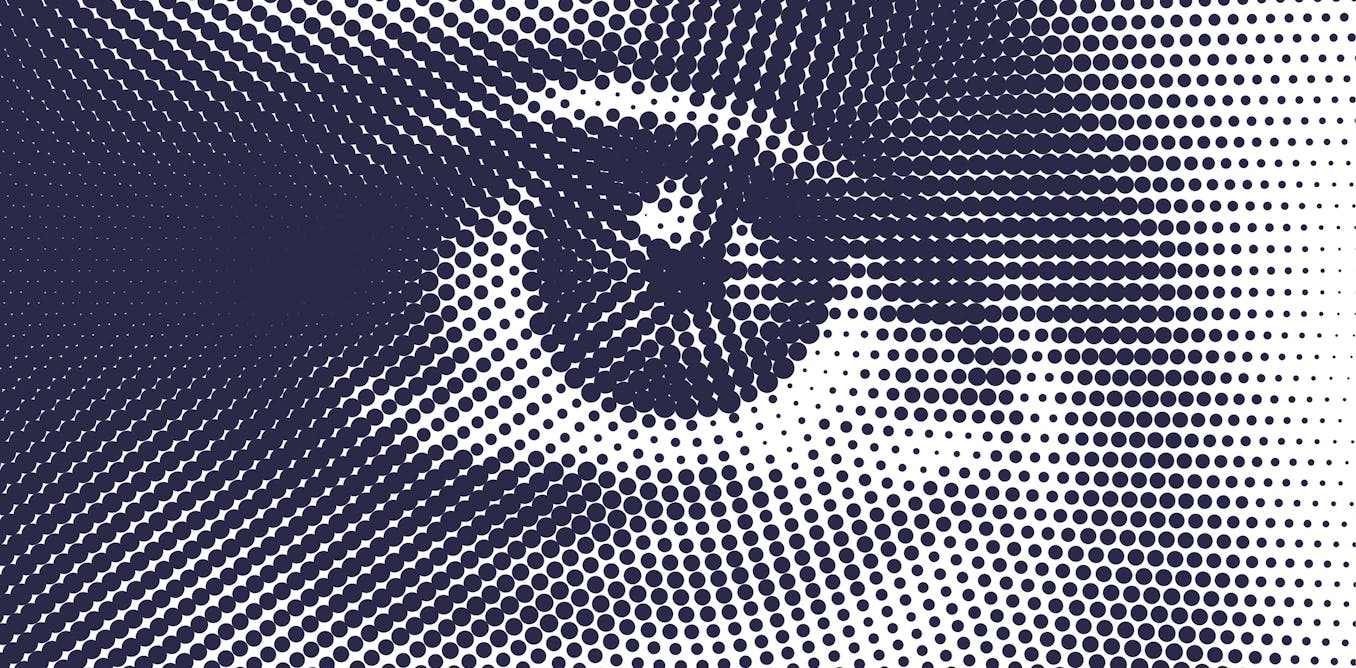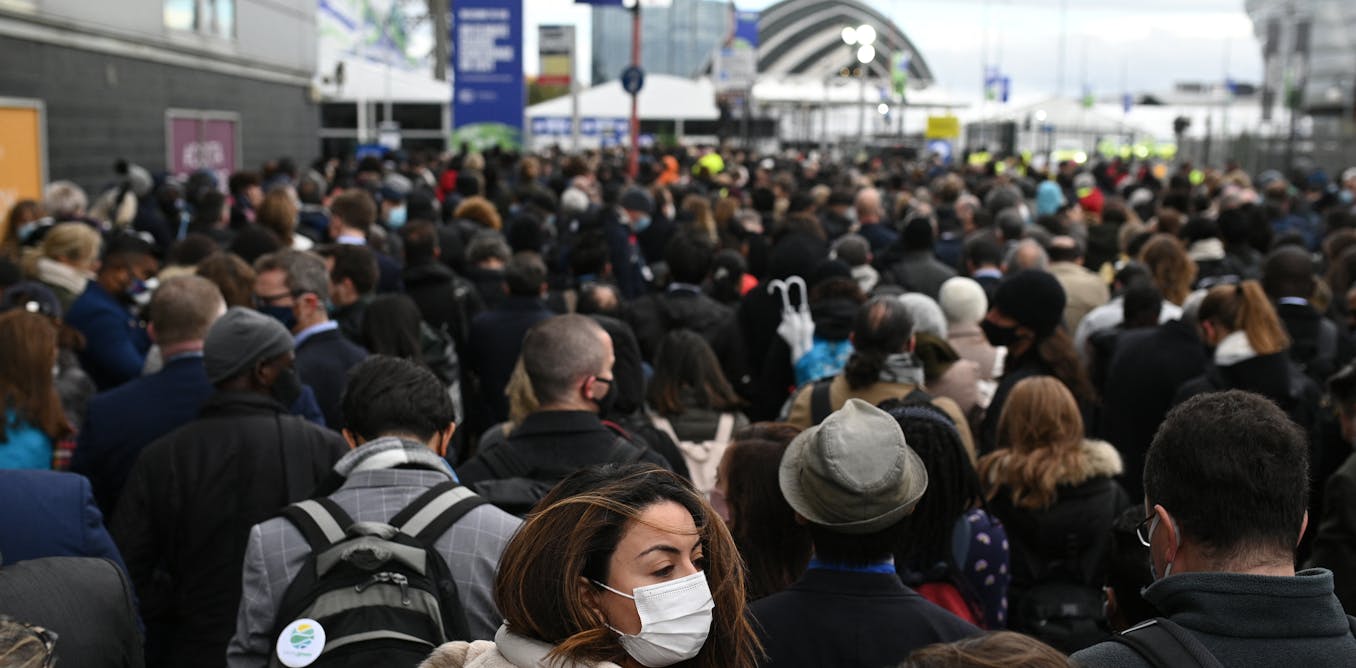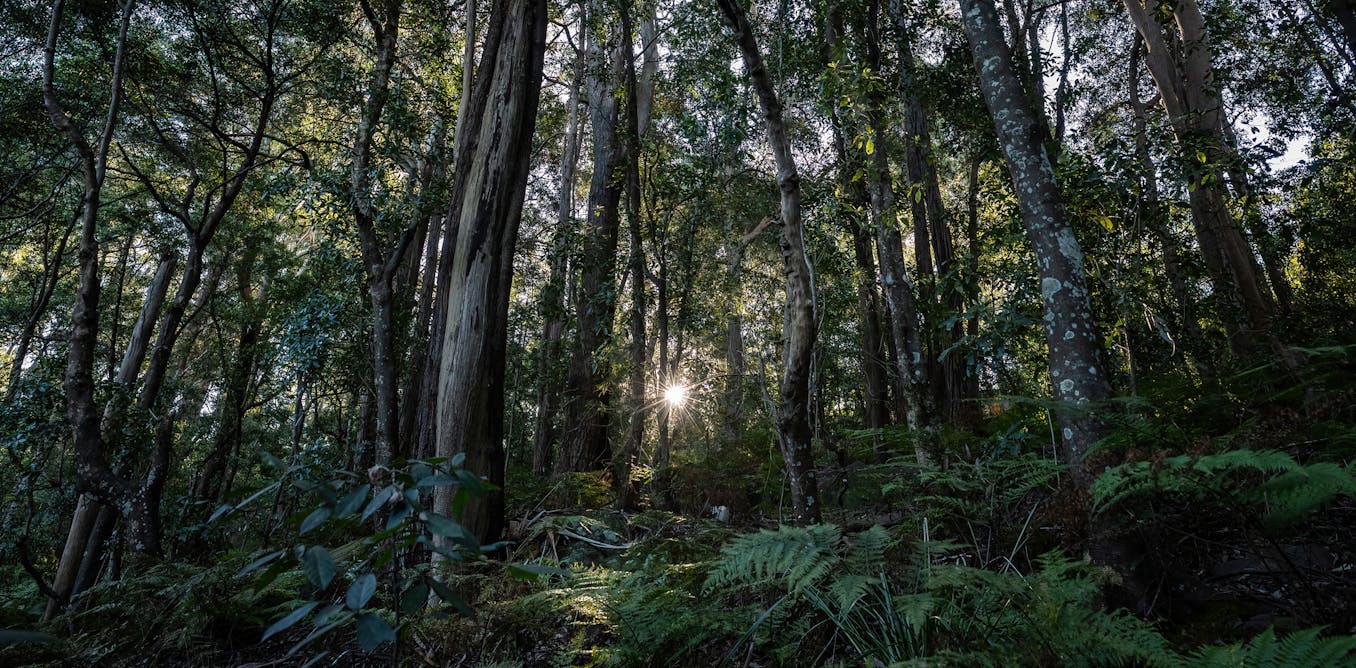The recent student-led protests in Bangladesh over state job quotas have led to mass unrest, with authorities imposing internet restrictions and a curfew in response. Despite the government accepting a court ruling to largely scrap the quota system, some protesters are not satisfied and have threatened to resume demonstrations if restrictions are not eased quickly.
Protest coordinators, such as Sarjis Alam, argue that the court decision does not fully address their demands as it leaves the implementation of the quota system up to the government. They are demanding transparency and a clear plan on how the system will be reformed. Additionally, protesters are seeking justice for those who were killed during the demonstrations, accusing political entities of the ruling party of being involved in the deaths.
Human rights group Amnesty International has also raised concerns over the use of unlawful force by Bangladesh’s security forces during the clashes. Soldiers are still deployed in large numbers on the streets, particularly in the capital city of Dhaka, where some of the worst violence occurred.
The question now arises if Prime Minister Sheikh Hasina will take responsibility for the high death toll and allegations of government involvement in the violence. As tensions continue to simmer and protesters remain defiant, all eyes are on the government to see how they will address the grievances of the students and ensure accountability for the lives lost during the protests.
Watch the video by DW News
Video “Will Sheikh Hasina take responsibility for the Bangladesh protests’ high death toll? | DW News” was uploaded on 07/24/2024 to Youtube Channel DW News






































Leave a Reply